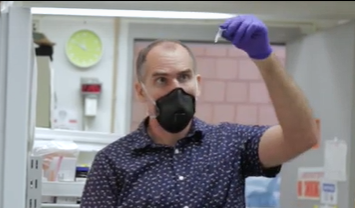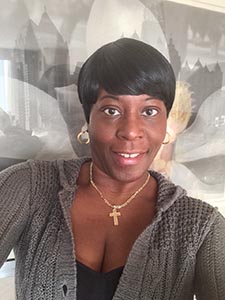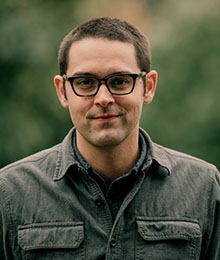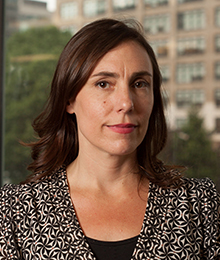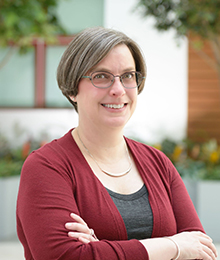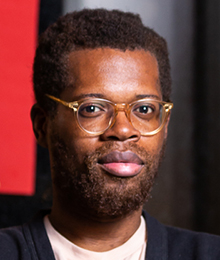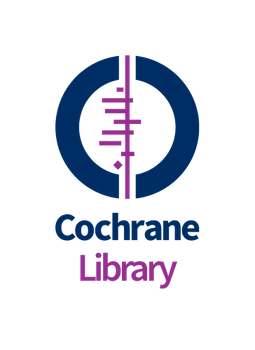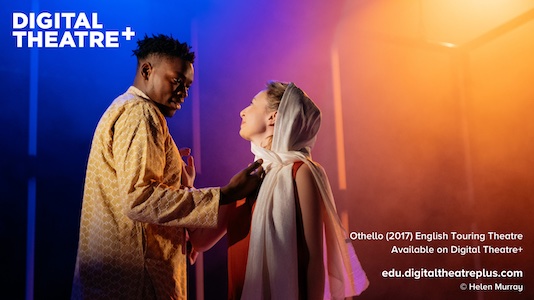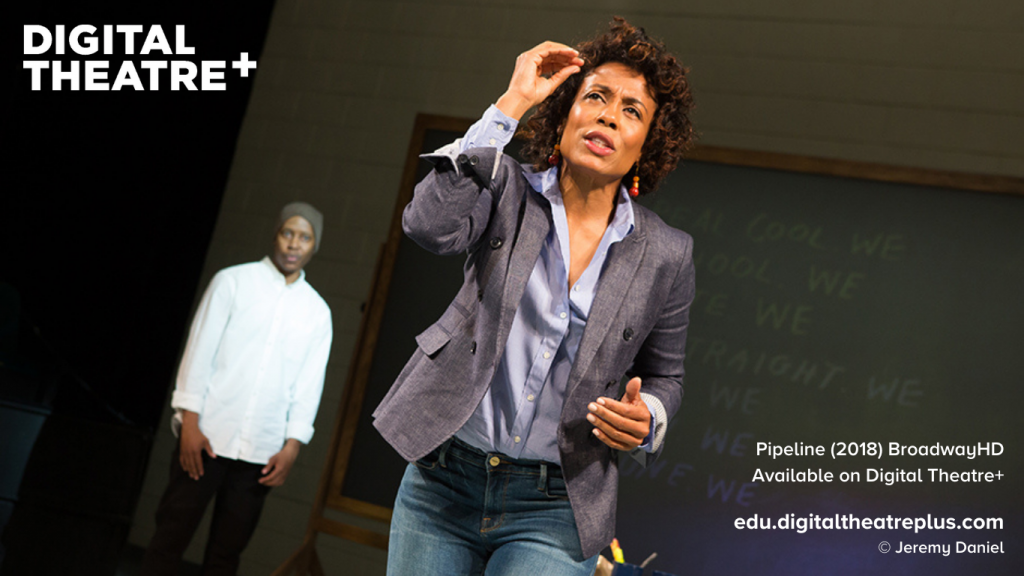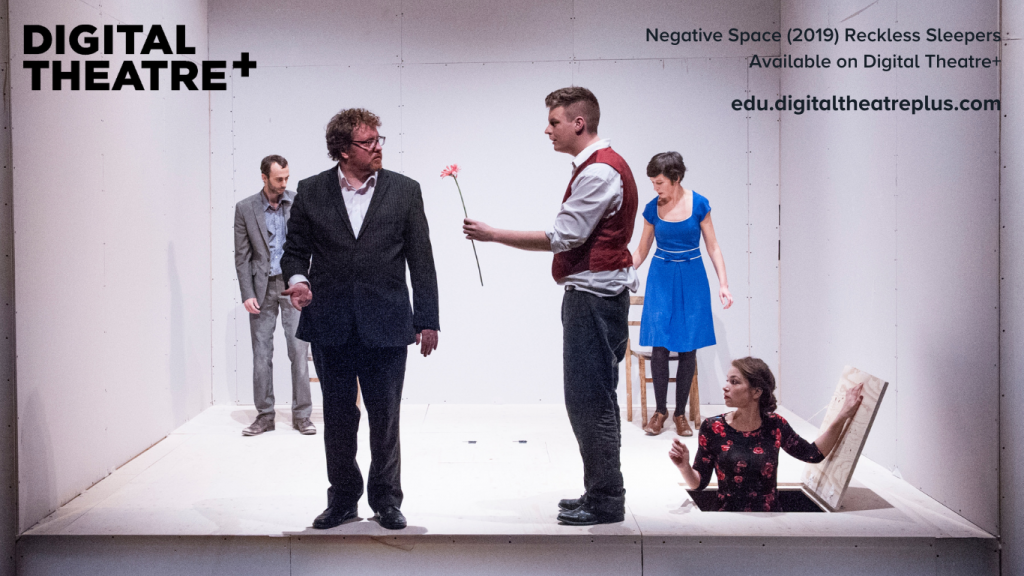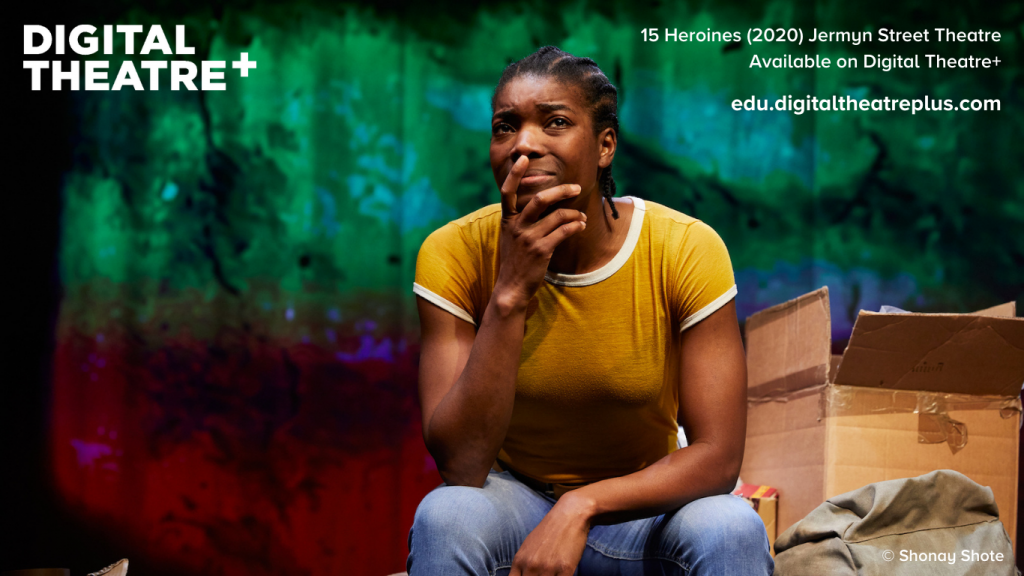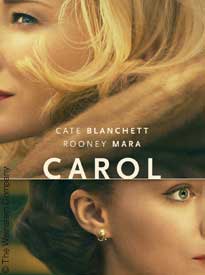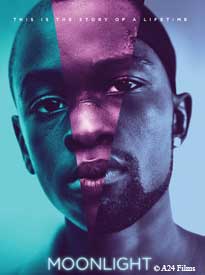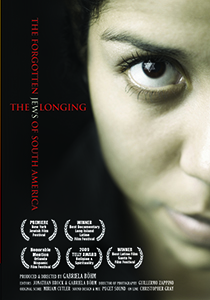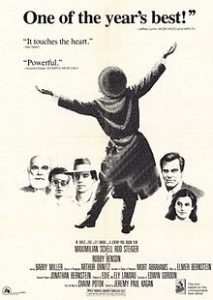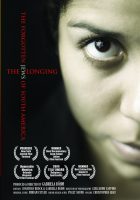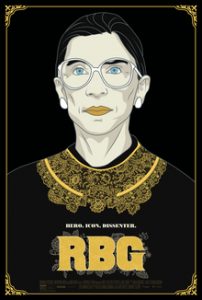Welcome to QC Research Highlights!
QC Research Highlights is a monthly blog series featuring work from Queens College (QC) authors in CUNY Academic Works. Fascinating, important research is happening here at QC and we want you to know about it! Sometimes (but not always) this series may feature several works on related topics; other times it will simply feature a few works of interest.
All the works featured in this series are available to read and download for free from CUNY Academic Works.
Queens College and the Pandemic
In the midst of the long public health emergency of COVID-19, scientists and scholars from all disciplines have done important research to help us better understand both the virus itself and the social effects of the pandemic. CUNY faculty have been very active in these efforts.
CUNY Academic Works, CUNY’s institutional repository, has a collection highlighting COVID-19 research by CUNY Authors.
Important research has been carried out across CUNY, but for the purposes of this blog post, I would like to point out some research by Queens College (QC) authors in particular.
Medicine and Public Health
John Dennehy (Biology), led a team of researchers developing a protocol to detect COVID-19 in wastewater, which was adopted by the New York City Department of Environmental Protection to monitor the prevalence of COVID in New York City. Aside from John Dennehy, authors credited in these articles included QC graduate and undergraduate students Kristin Cheung, Anna Gao, Sherin Kanoly, Michelle Markman, and Kaung Myat Sun, as well as other researchers from across CUNY. This research was also featured in QC’s Big Ideas series, and the library has created a guide to further resources.
Or, you can check out the articles here:
- Protocol for Safe, Affordable, and Reproducible 1 Isolation and Quantitation 2 of SARS-CoV-2 RNA from Wastewater
- Detection of Mutations Associated with Variants of Concern Via High Throughput 2 Sequencing of SARS-CoV-2 Isolated from NYC Wastewater
Hongwei Xu (Sociology) worked with collaborators to study the relationship between the SARS outbreak in the early 2000s and the health behaviors of adults in China. This research has implications for the study of health behavior around COVID.
Social Effects of the Pandemic
QC faculty have also examined the social and economic effects of the pandemic.
Cliff Chen (Education and Community Programs), along with graduate students Elena Byrne, and Tanya Vélez studied the impact of the pandemic on families with children, showing the greater impact of the pandemic on lower-income families and families of color:
Daisuke Akiba (Division of Education) has written about anti-Asian racism in schools during the pandemic, recommending some steps schools can take to protect Asian-American students.
The tech industry has profited during the pandemic. ShinJoung Yeo (Media Studies) examined the relationship between tech companies and health care in the context of COVID-19:
Teaching and Learning during the Pandemic
Of course, QC faculty have also spent the pandemic teaching.
Bradley W. Bergey (Secondary Education and Youth Services) addressed remote pedagogy during the pandemic in:
The library’s own Leila Walker wrote about how remote instruction combines the classroom with more private spaces in:
Annie Tummino, also of the library, worked with partners at the Queens Public Library to host virtual events on social justice, including a roundtable on xenophobia during COVID-19. Together, they created a poster about this experience:
This is one of a new series of blog posts featuring faculty publications in CUNY Academic Works. Academic Works is a service of the CUNY Libraries dedicated to collecting and providing access to the research, scholarship, and creative and pedagogical work of the City University of New York. In service to CUNY’s mission as a public university, content in Academic Works is freely available to all.
If you would like to share your research in Academic Works, please see this guide to Academic Works, or contact Nancy.Foasberg@qc.cuny.edu.
